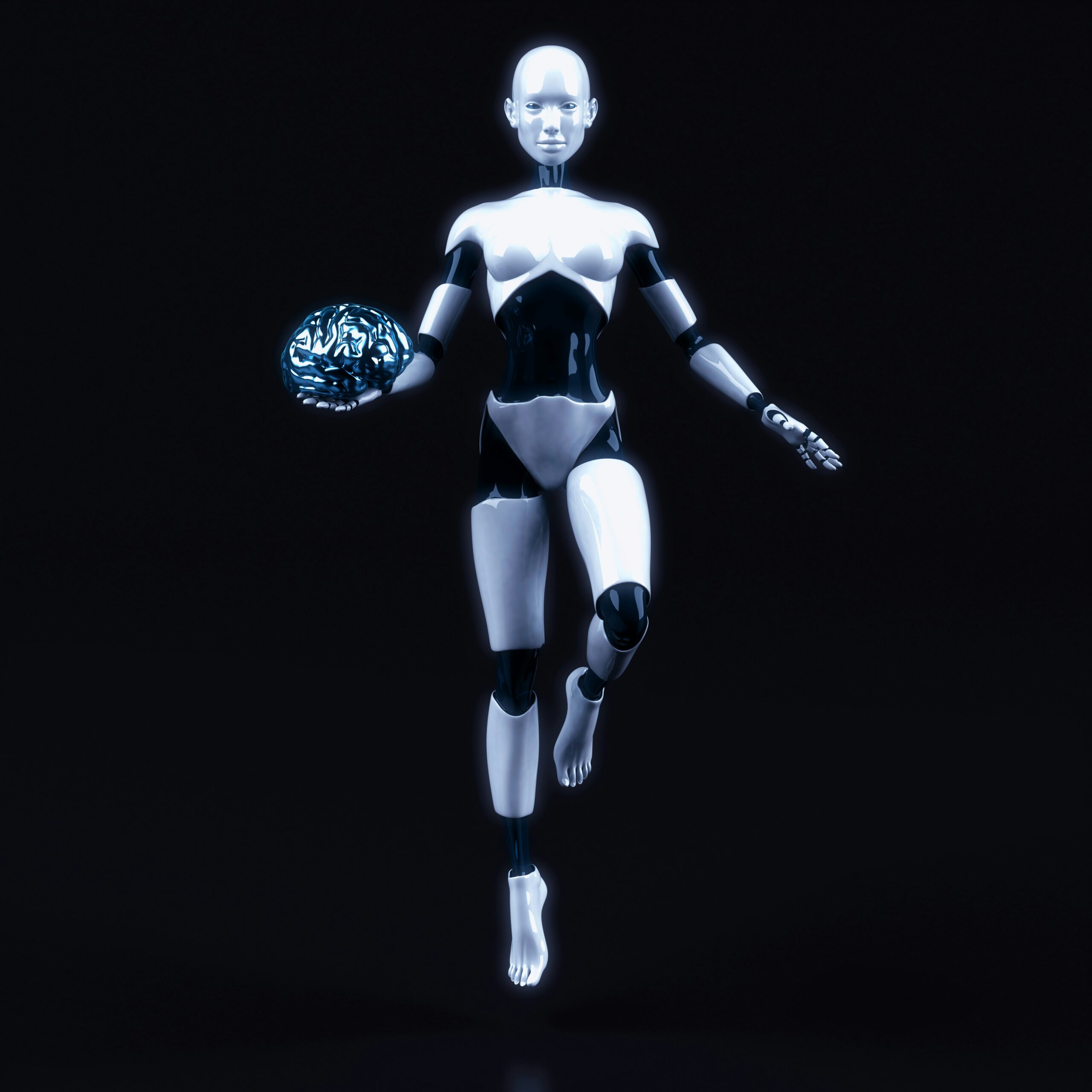The Evolution of AI in Healthcare: A Historical Perspective
The integration of artificial intelligence (AI) in healthcare has evolved significantly over the past few decades. Initially, AI was primarily used for administrative tasks and simple diagnostic support. However, advancements in machine learning and data analytics have expanded its applications to more complex areas such as predictive analytics and personalized medicine.
The integration of artificial intelligence (AI) in healthcare has evolved significantly over the past few decades. Initially, AI was primarily used for administrative tasks and simple diagnostic support. However, advancements in machine learning and data analytics have expanded its applications to more complex areas such as predictive analytics and personalized medicine.
Key Benefits of AI Technology in Patient Care and Diagnosis
AI technology offers numerous benefits in patient care and diagnosis, primarily through enhanced accuracy and efficiency. For instance, AI algorithms can analyze medical images for signs of disease, often detecting anomalies that may be missed by the human eye. This capability can significantly reduce the time needed for diagnosis and treatment.
Additionally, AI-powered tools can assist healthcare providers in personalizing treatment plans based on individual patient data, leading to improved outcomes. By leveraging AI, healthcare systems can optimize workflows, reduce costs, and ultimately provide better care to patients.
Challenges Faced by AI Implementation in Healthcare Systems
Despite its potential, the implementation of AI in healthcare systems is not without challenges. One major hurdle is the integration of AI technologies with existing healthcare infrastructures, which often involves significant time and financial investment. Many healthcare providers struggle with interoperability issues, making it difficult to share and utilize data effectively.
Furthermore, there is a steep learning curve associated with adopting AI tools, which can lead to resistance among healthcare professionals. Overcoming these challenges requires a commitment to training, investment in technology, and a shift in organizational culture to fully embrace AI solutions.
Ethical Considerations and Data Privacy Concerns in AI Applications
The use of AI in healthcare raises several ethical considerations, particularly concerning patient data privacy. Ensuring that sensitive health information is protected from unauthorized access is paramount, especially as AI systems require substantial amounts of data to function effectively. This concern is compounded by regulations like HIPAA, which mandate strict guidelines for data handling.
Moreover, there is the potential for bias in AI algorithms, which can lead to inequitable treatment outcomes for different demographic groups. Addressing these ethical dilemmas is crucial for maintaining patient trust and ensuring that AI applications are used fairly and responsibly.
The Future of AI in Healthcare: Trends and Innovations to Watch
Looking ahead, the future of AI in healthcare appears promising, with several trends and innovations on the horizon. One notable trend is the increasing use of AI in telemedicine, enabling remote patient monitoring and virtual consultations that enhance access to care. Additionally, advancements in natural language processing are improving the way AI systems interact with healthcare providers and patients, making communication more seamless.
Moreover, as AI continues to evolve, we can expect more sophisticated predictive analytics tools that can forecast patient needs and potential health crises, allowing for proactive rather than reactive healthcare. These innovations signal a transformative shift in how healthcare is delivered, ultimately aiming to improve patient outcomes and streamline processes.

Leave a Reply